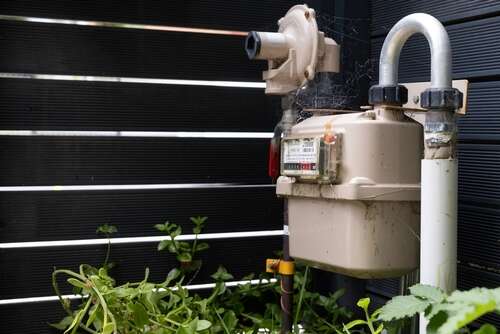
Sydney’s move to ban gas, which came after a vote on 21 August, in response to the ‘Electrify Your Council’ campaign by 350 Australia, is expected to usher in significant cost savings for households and contribute to a substantial reduction in carbon emissions.

The City of Sydney’s decision aligns with a series of similar initiatives by local, state and territory governments, marking a pivotal moment in the transition towards more eco-friendly living. This comes on the heels of the Australian Capital Territory’s law passed in June 2023 to ban gas connections in new homes, and the Victorian government’s announcement in July to follow suit.
Notably, the City of Sydney’s decision isn’t an isolated case. Frustrated by a lack of state-level action, councils across New South Wales, including Waverley Council and Parramatta Council, have taken matters into their own hands. Waverley Council, in December 2022, enacted a Development Control Plan (DCP) that prohibits the installation of gas cooktops, ovens and heaters in new residential developments. Similarly, Parramatta Council banned gas appliances in both commercial and residential developments in its city centre in 2021, and is now considering extending the ban across the municipality.
At the heart of this momentum lies a growing concern over the health impacts of gas, its contribution to greenhouse gas emissions, and its role in escalating gas prices for low-income households. Experts have drawn parallels between children exposed to gas stoves and those exposed to secondhand cigarette smoke in terms of asthma risks.
Sydney, no longer cooking with gas
New analysis conducted by Strategy Policy Research, commissioned by 350 Australia, underscores the potential benefits of embracing gas-free and all-electric homes. According to the analysis, substantial cost savings await households that embrace this shift. For instance:
- Each new household in the City of Sydney could save an average of $430 annually on their energy bills, translating to $5,500 over a 40-year period in today’s currency. This cumulative household savings would amount to $256m across all new Sydney homes during the same period.
- Expanding this initiative statewide, the analysis projects total savings of $3.7bn for all new homes across New South Wales over four decades.
Furthermore, the environmental impact of this transition is equally compelling. The Strategy Policy Research analysis estimates that if the City of Sydney alone were to prevent new homes from connecting to gas, carbon emissions could be reduced by 1.7 million tonnes over 40 years compared with business-as-usual scenarios. Scaling this up, if all NSW councils connected to the gas network adopted Sydney’s lead, the potential carbon emissions reduction across the state would reach an impressive 24.1 million tonnes.
The research conducted by Strategy Policy Research has a model that integrates a 40-year time frame, aligning with the average lifespan of a dwelling, commencing from the fiscal year 2024. It leverages Australian Bureau of Statistics (ABS) data to project dwelling construction rates across various local government areas (LGAs) and incorporates energy consumption data (electricity and gas) from the Australian Energy Regulator.
The collective efforts of councils across New South Wales to mandate gas-free and all-electric new builds signal a transformative shift towards sustainability and responsible energy consumption. The cost savings and environmental benefits projected by this analysis underscore the feasibility and potential rewards of embracing a greener future.
[Read more: How a circular economy can give Australia affordable, sustainable homes]






